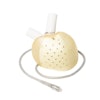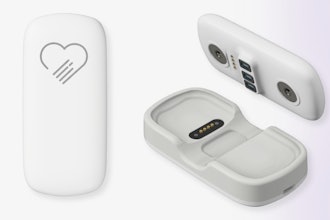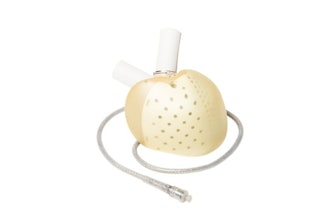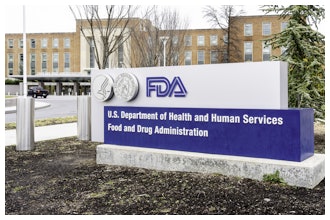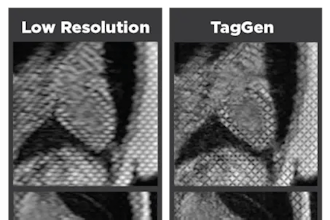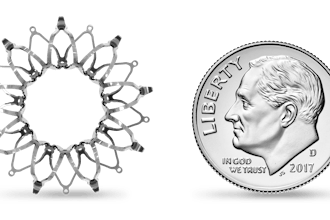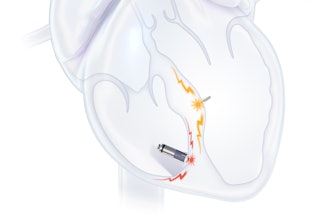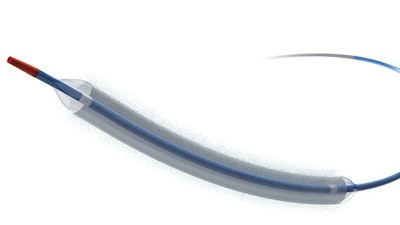
Boston Scientific announced positive 12-month results from the pivotal AGENT IDE clinical trial of the AGENT Drug-Coated Balloon (DCB). Primary endpoint findings from this first clinical trial in the U.S. to evaluate the safety and effectiveness of using a DCB to treat coronary in-stent restenosis (ISR) were presented in a late-breaking clinical trial session at Transcatheter Cardiovascular Therapeutics (TCT), the annual scientific symposium of the Cardiovascular Research Foundation.
While coronary stenting is commonly used to restore blood flow to the heart in patients with coronary artery disease, ISR – a condition in which the stented section of the artery becomes obstructed or narrowed by plaque or scar tissue – still occurs in some cases and is addressed in 10% of U.S. percutaneous coronary interventions. The AGENT DCB is a paclitaxel-coated balloon catheter designed to re-open these vessels and then transfer the therapeutic drug to the vessel wall to help prevent ISR reoccurrence.
This trial met the primary endpoint of target lesion failure (TLF) at 12 months with the AGENT DCB demonstrating statistical superiority to uncoated balloon angioplasty (17.9% vs. 28.7%; P=0.006). These differences were mainly driven by significantly reduced rates of myocardial infarction related to the target vessel (TV-MI, or heart attack) and the need for a target lesion revascularization (TLR, or a repeated percutaneous coronary intervention) procedure. Overall, data demonstrated an approximate 38% relative risk reduction in TLF, and additional 12-month event rates for the AGENT DCB vs. uncoated balloon included:
- Zero definite/probable cases of clotting within the stent, known as stent thrombosis (0.0% vs. 3.9%, P=0.001)
- 51% risk reduction in TLR (12.4% vs. 24.0%, P=0.002)
- 49% risk reduction in TV-MI (6.4% vs. 12.3%, P=0.03)
The data presented today from this multicenter, prospective and randomized controlled AGENT IDE trial include the first 480 of 600 patients enrolled across 40 U.S. sites. Within the patient population, 44% had multiple stent layers in the target lesion, and 51% were diabetic.
The AGENT DCB was approved in Japan in 2023 and received CE Mark in 2014 for the treatment of patients with ISR and previously untreated small vessel coronary disease. Used to treat more than 100,000 patients globally to date, this technology was granted Breakthrough Device designation by the U.S. Food and Drug Administration in 2021, a status intended to provide patients more timely access to novel devices that may provide a substantial improvement over existing therapies.



